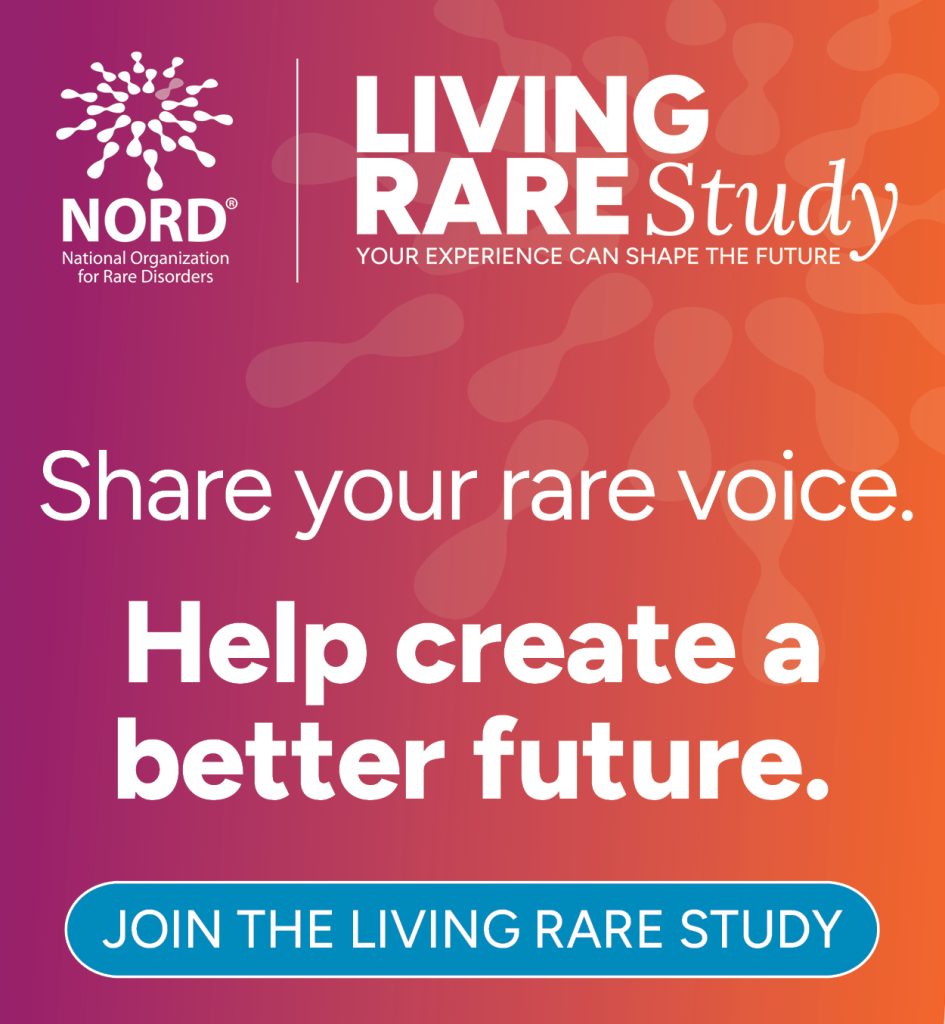Washington, DC—November 19, 2020: Today, the National Organization for Rare Disorders (NORD®) published a comprehensive report through its RareInsights™ initiative: Barriers to Rare Disease Diagnosis, Care, and Treatment in the US: A 30-year Comparative Analysis. As part of an ongoing mission to generate evidence and data to advance our collective understanding of the rare disease patient experience, NORD conducted two studies aimed at identifying trends in rare disease diagnosis, care and treatment in the United States. The findings are outlined in a new report that looks comparatively at survey data from 1989 and 2019.
NORD examined how barriers and facilitators have changed within the US health care system, particularly in relation to the diagnostic odyssey, access to therapies, financial impacts, and engagement with research and clinical trials. A snapshot of the findings includes:
- 88% of people today reported that they would consider using an investigational drug or treatment, compared to 62% in 1989
- 16% of individuals today reported that they had already participated in a clinical trial for their rare disease, compared to 12% in 1989
- 17% of individuals today have already relocated or are considering relocating to access care for their rare disease, versus 8% in 1989
- 2% of respondents today reported that they did not have health care insurance, versus 9% in 1989
The first survey, conducted by NORD, was published in 1989 on behalf of the National Commission on Orphan Diseases. The findings reflected information collected through voluntary telephone interviews with 801 rare disease patients, family members and caregivers. Thirty years later, a follow-up study gathered voluntary responses from 1,108 individuals via a web-based survey from October 2019 through March 2020.
The results from the 30-year follow-up report will be used by NORD to help inform future research, advocacy and engagement with stakeholders in the rare disease community.
“For nearly four decades, NORD has been at the forefront of leadership for the rare community,” said Vanessa Boulanger, MSc, NORD’s Director of Research. “This study is a prime example of the power of patient experience data and how NORD is positioned to leverage the work of those who came before us to drive new insights today.” Be sure to read the complete RareInsights™ report, available for download here.


